Halitosis – The Stinky Truth About Bad Breath
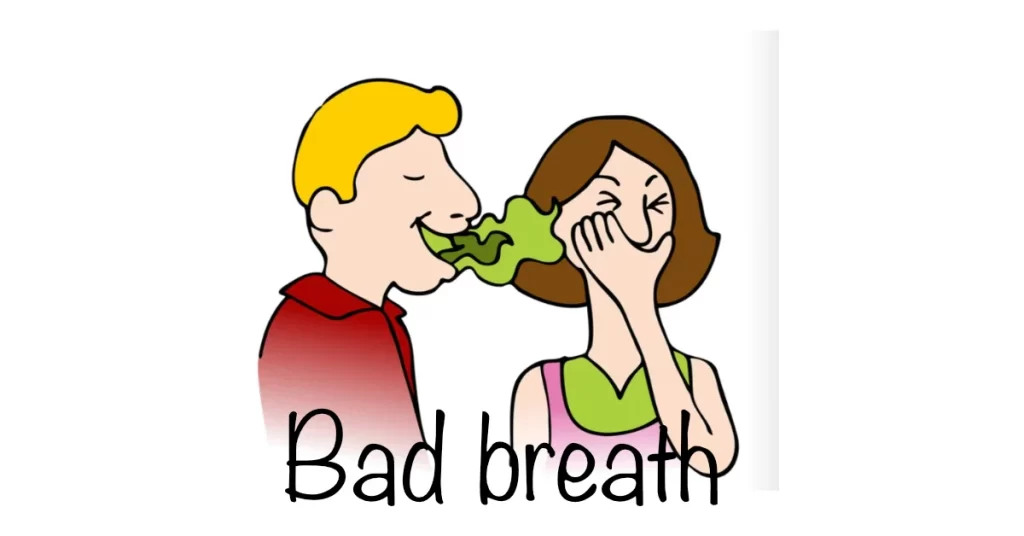
Introduction
Halitosis, commonly known as bad breath, is a condition that affects millions of people around the world. It can be a source of embarrassment and social isolation. If you suffer from halitosis, you may be wondering what causes it and how to cure it. In this article, we will explore the causes of halitosis and provide you with practical tips to help you combat bad breath.
What is Halitosis?
Halitosis is a medical term that refers to chronic bad breath. It is a condition that can be caused by a variety of factors, including poor oral hygiene, gum disease, dry mouth, smoking, and certain medical conditions. Halitosis can be a source of social anxiety and can negatively impact your self-esteem.
The Causes of Halitosis
Halitosis can be caused by a variety of factors, including:
- Poor oral hygiene: Failure to brush and floss regularly can lead to the buildup of bacteria in your mouth, resulting in bad breath.
- Gum disease: If your gums are infected with bacteria, they can emit an unpleasant odor.
- Dry mouth: Saliva helps to rinse your mouth and prevent the buildup of bacteria. If you have a dry mouth, bacteria can accumulate and cause bad breath, so it’s important to stay hydrated by drinking plenty of water throughout the day.
- Smoking: Tobacco products can cause a stale odor in your mouth and lungs.
- Medical conditions: Certain medical conditions, such as acid reflux, diabetes, liver disease, respiratory infections, and sinus problems are some of the conditions that can cause bad breath. If you have chronic bad breath that doesn’t go away with proper oral hygiene, it’s important to see a healthcare provider.
Tips to Combat Halitosis
If you suffer from halitosis, there are several things you can do to combat bad breath:
1. Brush and floss regularly: Brush your teeth at least twice a day and floss at least once a day to remove food particles and bacteria from your mouth.
2. Use mouthwash: Mouthwash can help to kill bacteria and freshen your breath.
3. Drink plenty of water: Water can help to keep your mouth hydrated and rinse away bacteria.
4. Chew sugarless gum: Chewing gum can stimulate saliva production and freshen your breath.I do recommend Xylitol gum.
5. Quit smoking: Tobacco products can cause bad breath and a host of other health problems. Quitting smoking can improve your overall health and eliminate bad breath.
Natural Remedies for Bad Breath
- Oil Pulling
Oil pulling is an ancient Ayurvedic practice that involves swishing oil in your mouth for 20 minutes to help remove bacteria and toxins. Coconut oil is a popular choice for oil pulling as it has antibacterial properties and a pleasant taste.
- Apple Cider Vinegar
Apple cider vinegar is known for its antibacterial properties and can help kill the bacteria that cause bad breath. Mix one tablespoon of apple cider vinegar in a glass of water and gargle the solution for 30 seconds before spitting it out.
- Tea Tree Oil
Tea tree oil has antiseptic properties and can help kill the bacteria that cause bad breath. Add a drop of tea tree oil to your toothpaste or mouthwash for an extra boost of freshness.
- Probiotics
Probiotics are beneficial bacteria that can help balance the microbiome in your mouth and improve bad breath. Eat foods that are rich in probiotics, such as yogurt, kefir, and sauerkraut, or take a probiotic supplement.
- Lemon Water
Lemon water can help stimulate saliva production, which can help wash away bacteria in the mouth. Squeeze half a lemon into a glass of water and drink it first thing in the morning to freshen your breath.
- Fennel Seeds
Chewing on fennel seeds can help freshen your breath and improve digestion. Fennel seeds contain antimicrobial properties that can help kill bacteria in the mouth.
- Baking Soda
Baking soda is a natural tooth whitener and can also help neutralize the acids in the mouth that cause bad breath. Mix one teaspoon of baking soda with water and swish it around in your mouth before spitting it out.
- Peppermint
Peppermint has a refreshing scent and can help kill the bacteria that cause bad breath. Chew on fresh peppermint leaves or add a drop of peppermint essential oil to your toothpaste or mouthwash.
- Green Tea
Green tea contains catechins, which are natural antioxidants that can help kill the bacteria that cause bad breath. Drink a cup of green tea after meals to freshen your breath and improve digestion.
FAQs About Halitosis
Q: Is halitosis contagious?
A: No, halitosis is not contagious. It is caused by a buildup of bacteria in your mouth or other underlying medical conditions.
Q: Can halitosis be cured?
A: Yes, in most cases, halitosis can be cured with proper oral hygiene and lifestyle changes.
Q: Can certain foods cause halitosis?
A: Yes, certain foods, such as garlic and onions, can cause bad breath. The odor-causing compounds in these foods are absorbed into your bloodstream and carried to your lungs, resulting in bad breath.
Q: Can halitosis be a sign of a more serious medical condition?
A: Yes, in some cases, halitosis can be a sign of a more serious medical condition, such as acid reflux or liver disease. If you suffer from chronic bad breath, it is important to consult with your doctor.
Q: How can I tell if I have halitosis?
A: If you suspect that you have halitosis, you can try a simple test. Lick the inside of your wrist and let it dry for a few seconds. Then, smell your wrist. If it smells bad, you may have halitosis.
Q: How can I prevent halitosis?
A: You can prevent halitosis by practicing good oral hygiene, including brushing and flossing regularly, using mouthwash, drinking plenty of water, and avoiding tobacco products. It is also important to visit your dentist regularly for cleanings and checkups.
Conclusion
Halitosis, or bad breath, is a common condition that can be caused by a variety of factors, including poor oral hygiene, gum disease, dry mouth, smoking, and certain medical conditions. If you suffer from halitosis, there are several things you can do to combat bad breath, including brushing and flossing regularly, using mouthwash, drinking plenty of water, chewing sugarless gum, and quitting smoking. If your bad breath persists, it is important to consult with your dentist or doctor to rule out any underlying medical conditions. Remember, practicing good oral hygiene and making lifestyle changes can help you combat bad breath and regain your confidence.


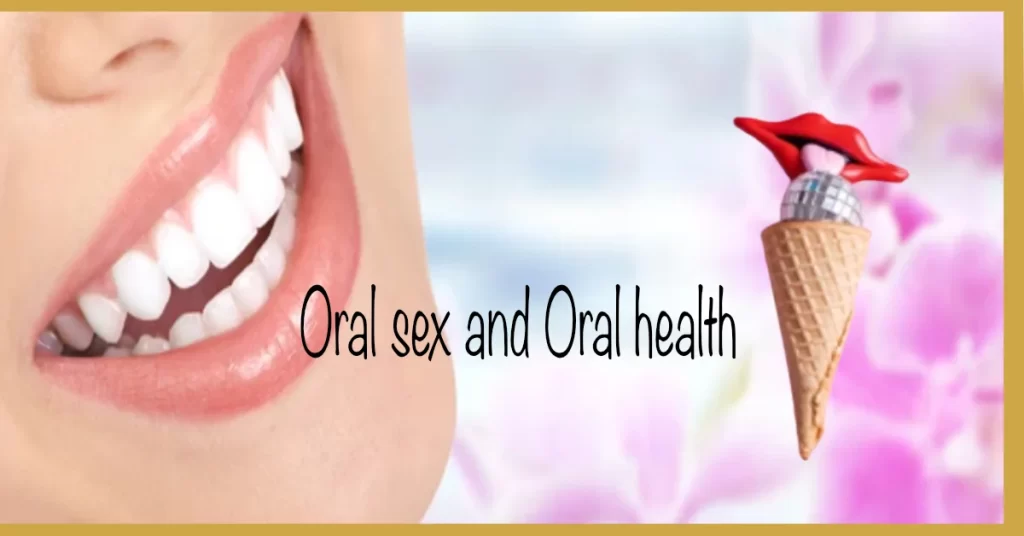
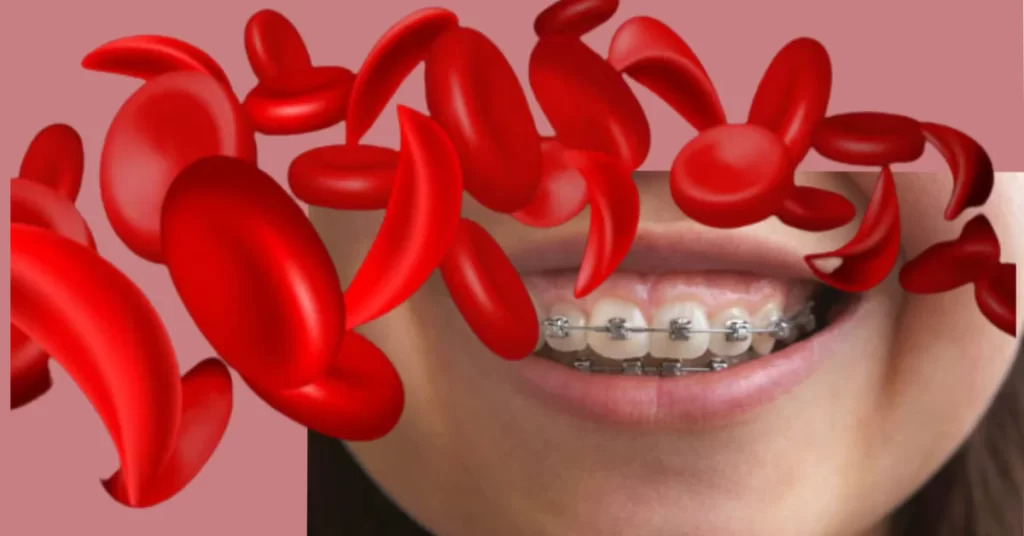
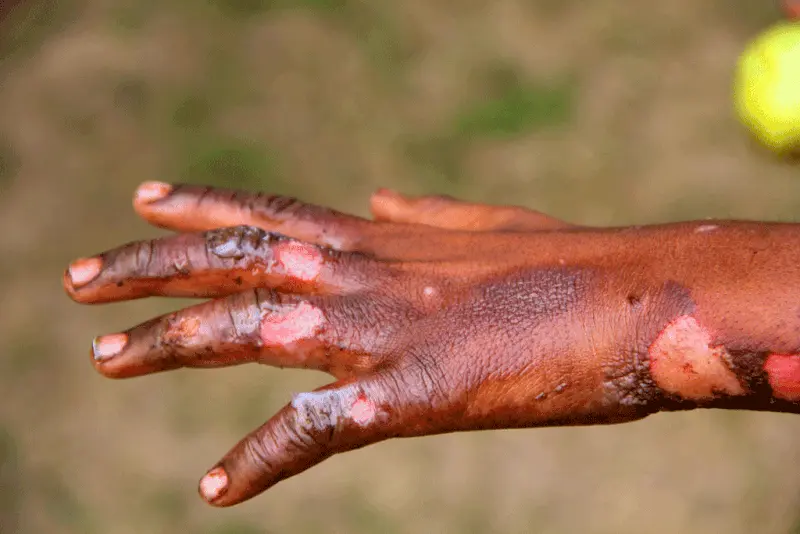

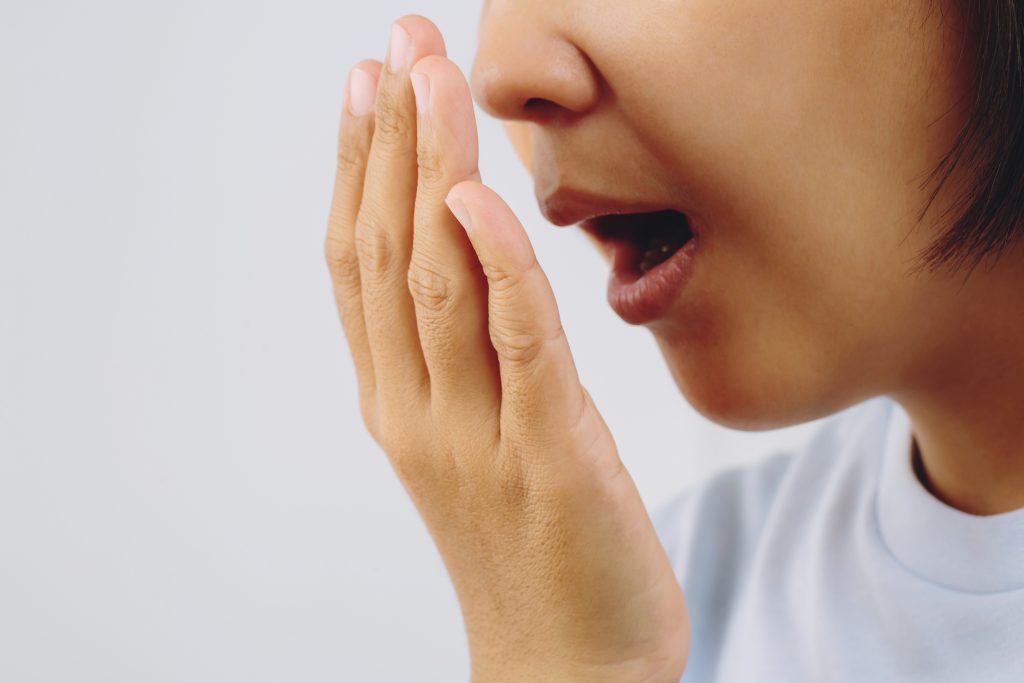
Responses